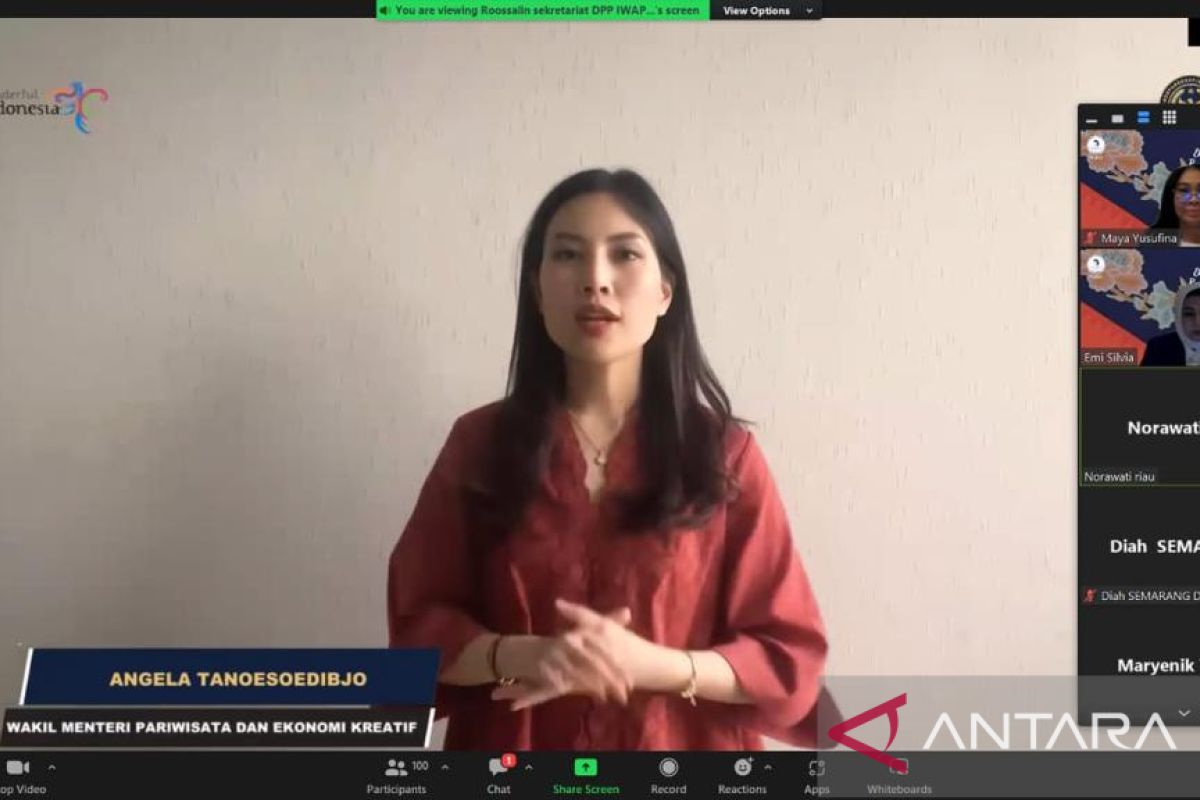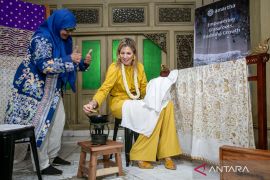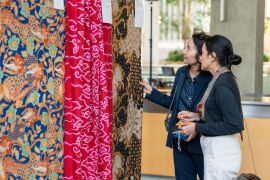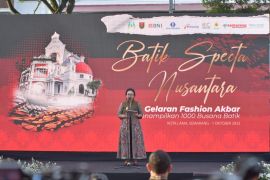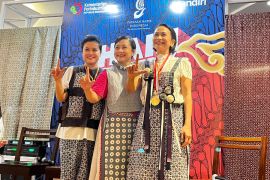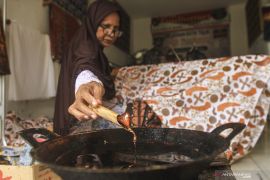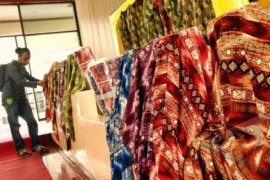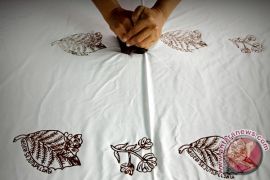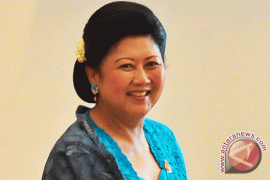"And most importantly, batik is the identity of Indonesia. Therefore, batik is a very powerful tool for cultural diplomacy," she highlighted in a statement received here on Monday.
Tanoesoedibjo explained that batik, which holds deep meaning in the lives of Indonesian people, has become everyday clothing for them, whether it comes to office attire, school uniforms, or official events.
In addition, batik has several cultural influences, ranging from Arabic calligraphy, and European flowers, to Chinese phoenixes in its patterns, she informed.
At a webinar held by the Indonesian Women Entrepreneurs Association (IWAPI), themed “The Role of Women Exploration in Spatial Planning and a Piece of Batik,” she said that the livelihoods of more than three thousand micro, small, and medium enterprises (MSMEs) depend on batik.
"This shows that batik actually supports economic development in the country," she said, adding that the potential for developing the batik business is still wide open.
Moreover, the consumption of local products and brands has increased since the government implemented a campaign called the National Movement of Proud of Made in Indonesia (Gernas BBI) to help MSMEs penetrate the digital market and attract people to domestic products, she added.
According to her, the batik business should not only focus on selling batik fabric, but also various types of products, such as jackets, bags, and blankets.
Moreover, activities related to batik can also be offered at tourist attractions. For example, the Giriloyo Batik Tourism Village in Bantul, Yogyakarta, has succeeded in bringing in nearly four thousand foreign tourists and domestic tourists each month.
Related news: BRIN develops technology to reduce color pollution from print batik
Related news: Ministry trains Papuans in making batik, sewing
Translator: Sinta Ambarwati, Resinta S
Editor: Anton Santoso
Copyright © ANTARA 2023
